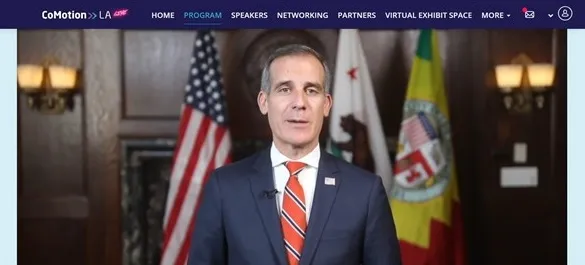IPS Group, a San Diego-based high-tech parking meter company, has announced the completion of the installation of 10,000 new coin and credit-card parking meters throughout the city of Los Angeles.
March 2, 2012
Read time: 2 mins

Leading the State in a progressive approach, Mayor Antonio R. Villaraigosa and Council member Tom LaBonge of Los Angeles last week announced that the new meters have provided the city with a big boost in revenue and have exceeded city official's expectations. In September alone, the newly installed meters generated $230,000 in additional net revenue. If the trend continues, the meters could generate an additional US$2 – $2.5 million in revenue annually, which is almost double what the Los Angeles Department of Transportation (LADOT) originally projected.
The Los Angeles meter programme was procured without up-front capital expenses. Rather than purchasing the meters upfront, the City is in a lease-to-own agreement with IPS Group.
"With so many cities facing budget crises, increasing revenue through parking is a trend that is being seen in numerous cities in California," said Dave King, president and CEO of IPS Group. "The cities of Beverly Hills, West Hollywood, Laguna Beach, and Manhattan Beach are also implementing the new technology. Cities hope to replicate the success seen in Los Angeles by offering credit card transactions at meters and managing their parking operations more efficiently via the meter's web-based management system."
Beyond California, cities such as Denver, CO, Washington, DC and Eugene, OR are enjoying the same enhanced revenue and strong public support, King said. IPS Group currently has meters in 45 cities in the United States and Canada.
The unique approach by IPS Group is that the single space parking meters are designed to retrofit into existing housings. Only a new meter mechanism and top cover of the meter are needed. As a result, it is a very economical way to upgrade without any changes to infrastructure or need for additional hardware and equipment. "By reusing our existing poles and using clean solar power, these new coin and card meters are a win-win for customers, the city and the environment," Mayor Villaraigosa said in a press statement last week.









